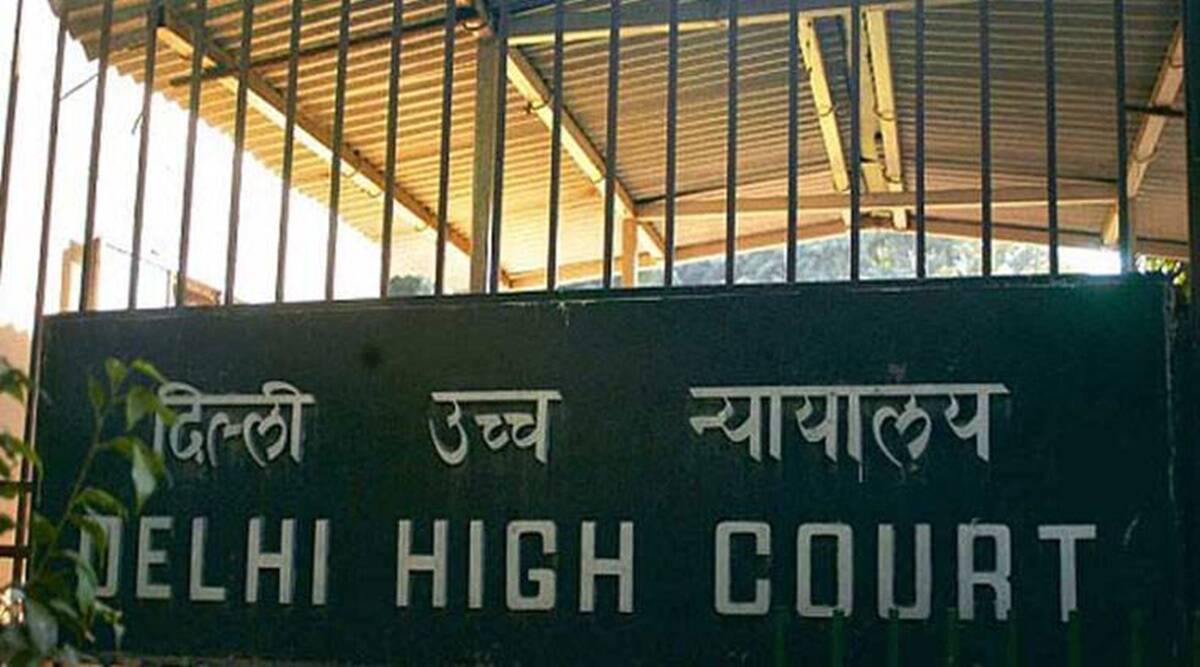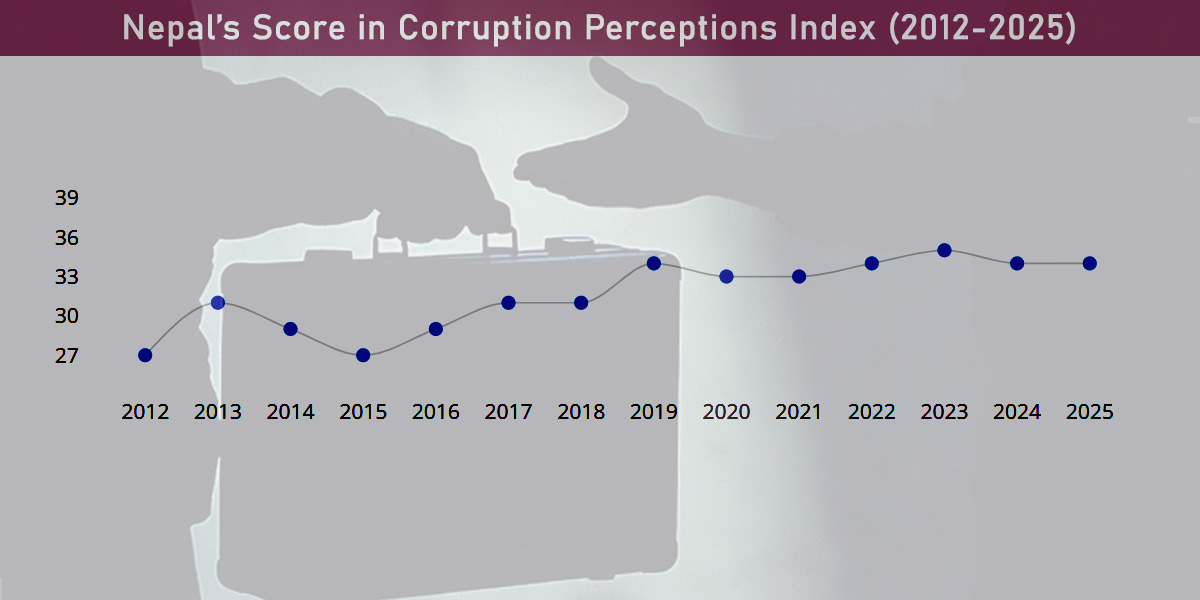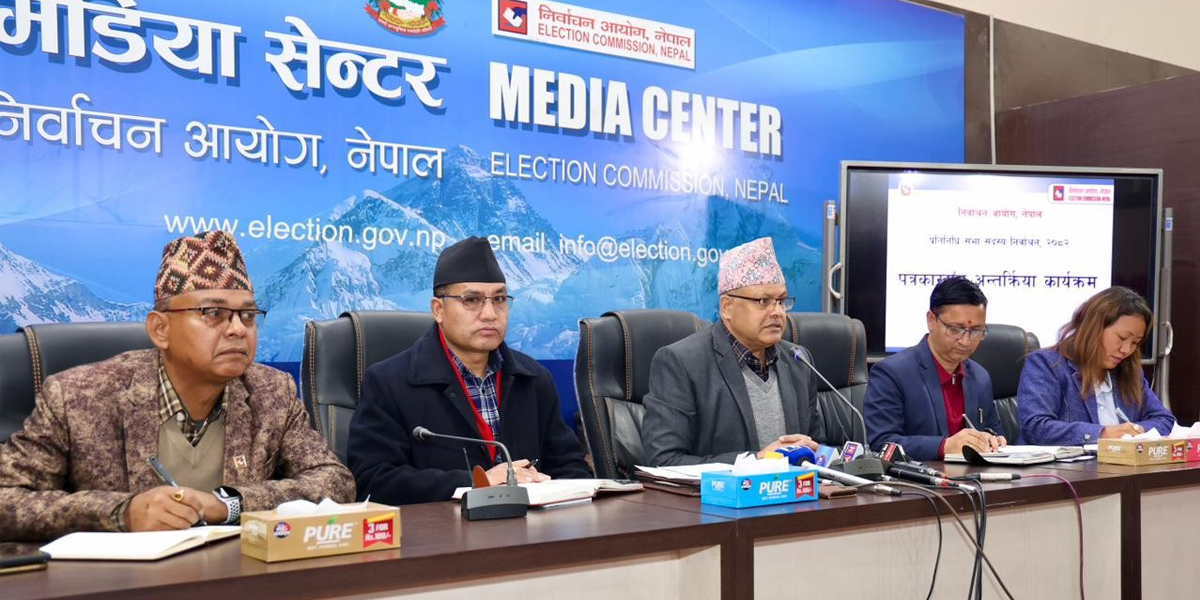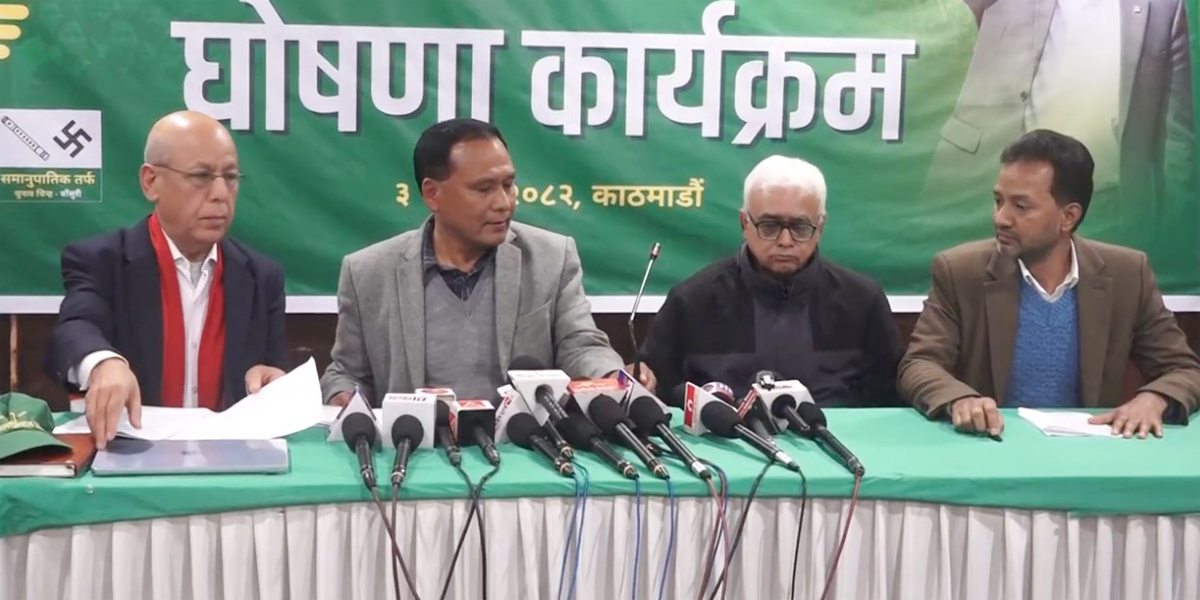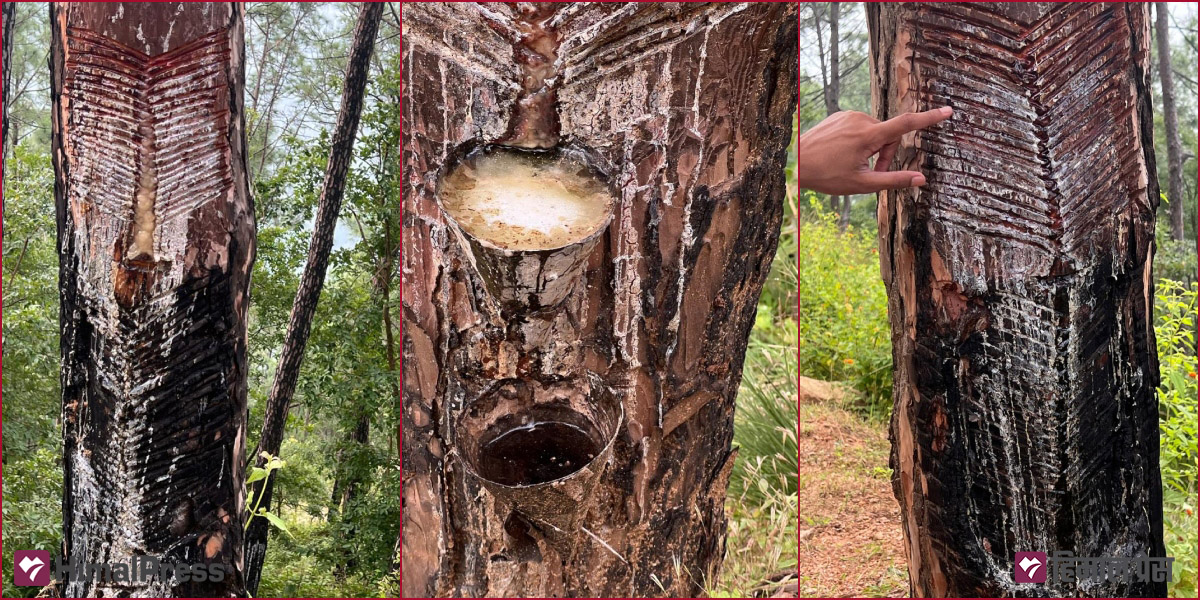
ITAHARI: Pine trees in community forests across Khotehang Rural Municipality in Khotang are disappearing due to unsustainable resin extraction, experts say.
“The forest is becoming increasingly sparse as trees die after resin extraction,” said Anup Dhakal, a resident of Puranagaun in Khotehang-7. “Not only do these tapped trees die, but they also fail to produce new seedlings, thereby affecting forest regeneration.”
Dhakal added that resin-extracted trees become particularly vulnerable to winter forest fires.
Three are three community forests in Khotehang-7 – Madkena, Chainpur and Khotang Pakha. All three are seeing a rapid disappearance of pine trees.
Kedar Dhakal, vice president of the Madkena Community Forest Users Group, told Himal Press that resin extraction began in the community forest about a decade ago when the forest had over 3,500 pine trees.
Each tree typically yields 15-20 kilograms of resin. The community forest used to charge Rs 14 per kg.
“Initially, we had strict agreements. Only marked trees could be tapped, and we preserved mother trees for seedling production,” he said. “As per the agreement for resin extraction, trees must have a minimum circumference of three feet and no more than 36 taps were allowed per tree.”
However, these guidelines were frequently violated. “Some contractors tapped trees from all four sides simultaneously, despite regulations permitting only one side per year,” Vice President Dhakal said. “Even smaller trees, below the prescribed circumference size, were not spared.”
The extraction season runs from February to September.
Community forests in Chainpur and Khotang Pakha had an even higher number of pine trees. But forests there are also getting sparse.
Madkena Community Forest has now stopped resin collection. “Despite following technical guidelines for extraction, we have observed significant tree mortality,” said Vice President Dhakal. “In the first year alone, we produced 1,700 tins of resin, but the environmental cost became too high to continue. Since the contractors violated the agreement while extracting resin, we have severed the contract now.”
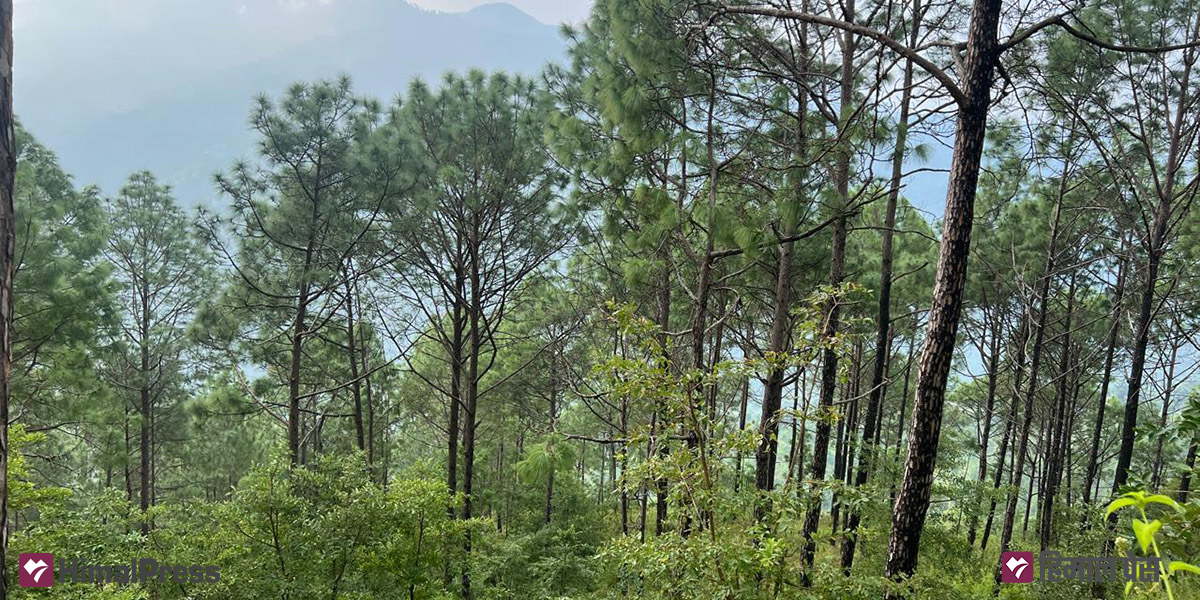
Botanist Dr Bharatraj Subba is worried about excessive rosin extraction. “We are witnessing a classic example of environmental imbalance. The ecosystem depends on both flora and fauna – you can’t have one without the other,” he said. “As these forests thin out, we are seeing increased temperatures and more frequent landslides, even during minor rainfall.”
The problem extends beyond Khotehang. Similar issues plague pine forests across Koshi Province, particularly in Dhankuta, Panchthar, and Udayapur districts. These trees typically thrive on west-facing, steep and dry terrain, making their loss devastating for soil stability.
“We need to study who truly benefits from this resin extraction and its uses in Nepal. While commercial aspects are important, destruction cannot be the price,” Dr Subba said. “Before permitting extraction, needful studies on how much resin can be extracted should be conducted. But they are not sparing even the mother trees.”



![Maha Shivaratri being celebrated across the country [With Pictures]](https://en.himalpress.com/wp-content/uploads/2026/02/HRB_KTMImage2026-02-15at7.37.40AM1.jpg)

